Outreach & Engagement
2,500
Hours of Low-Cost Counseling Offered Each Year
2,500
Students Attend MT Science Olympiad
200,000+
Community Internship Hours Completed Each Year
Our Programs and Centers
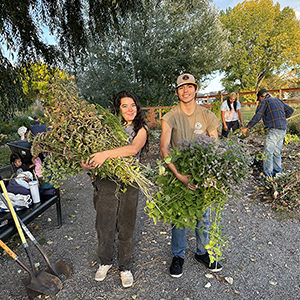 |
Buffalo Nations Food System Initiative |
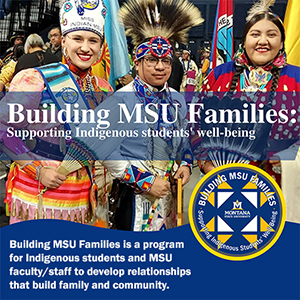 |
Building MSU Families program is a pilot program that is working towards connecting students with a mentor that works at MSU. The Building MSU Families program has an exciting opportunity for Indigenous students (nieces/nephews/relatives) and MSU faculty/staff (aunties/uncles/relatives) to develop relationships that build a sense of family and community during and after the students’ journeys at MSU. |
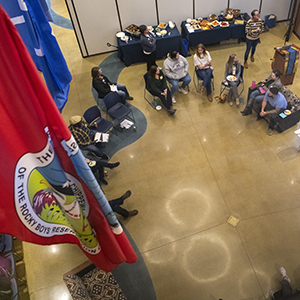 |
Center for Bilingual and Multicultural Education |
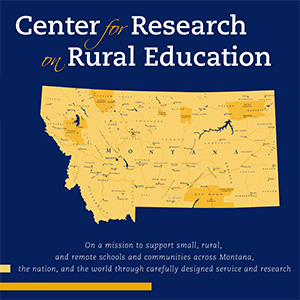 |
Center for Research on Rural Education |
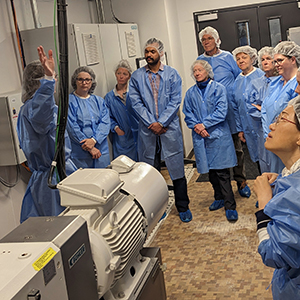 |
Food Product Development Lab |
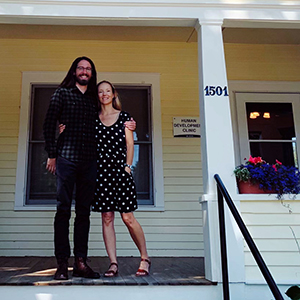 |
Human Development Clinic |
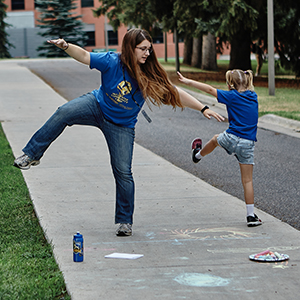 |
Inclusive Community Camp |
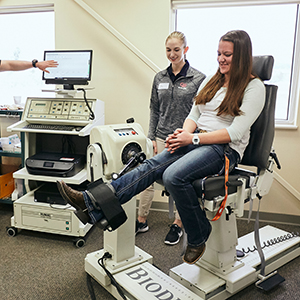 |
Exercise & Nutrition Science Laboratory More information coming soon! |
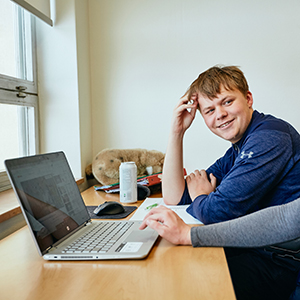 |
LIFE Scholars |
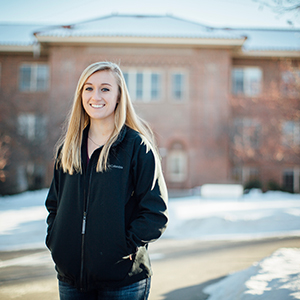 |
McNair Scholars Program |
 |
Montana Kinship Navigator Program |
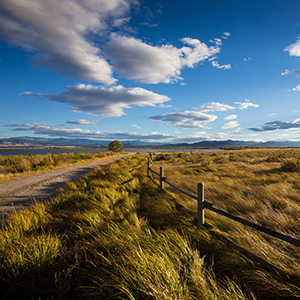 |
Montana Pollution Prevention Program |
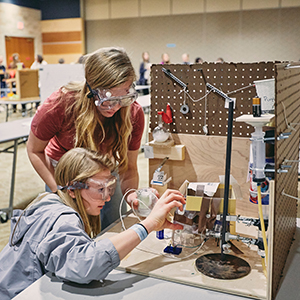 |
The Science Olympiad is a national competition that’s taken place in Montana for 40 years. This year, Montana State University hosted more than 800 students from 32 schools across the state. This competition is the premier STEM competition in Montana. |
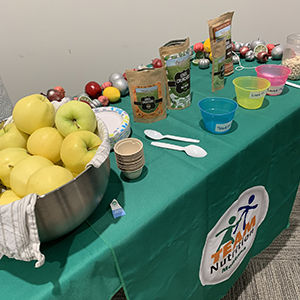 |
Montana Team Nutrition |
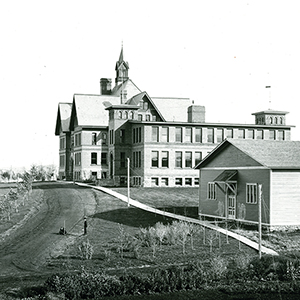 |
NHD's main program is a social studies competition where students in grades 6-12 choose a historic topic related to an annual theme, develop a thesis, and conduct extensive research using sources such as libraries, archives, museums, and interviews. Students then present individually or with a group, in the form of a documentary, exhibit, paper, performance, or website. Students may participate in school wide or local competitions, then a regional competition, and a state competition. |
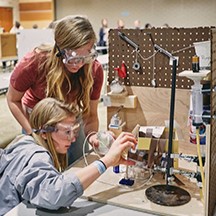 |
Science Math Resource Center The Science Math Resource Center (SMRC) is a STEM outreach center in the MSU Department of Education that is devoted to the advancement of science and mathematics teaching and learning. We provide professional development for a new generation of K-12 educators of tribal, rural, and urban communities; conduct educational research; and coordinate the statewide annual Science Olympiad that is held at Montana State University in Bozeman, Montana. |
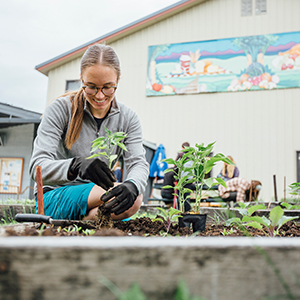 |
Towne's Harvest Garden |
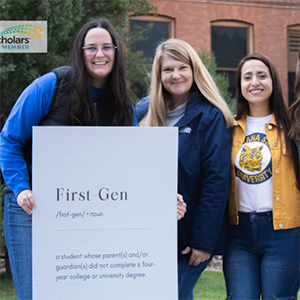 |
TRIO Student Support Services |
Outreach & Engagement News
Understanding the Process: How the Montana Legislature Works on Education Policy
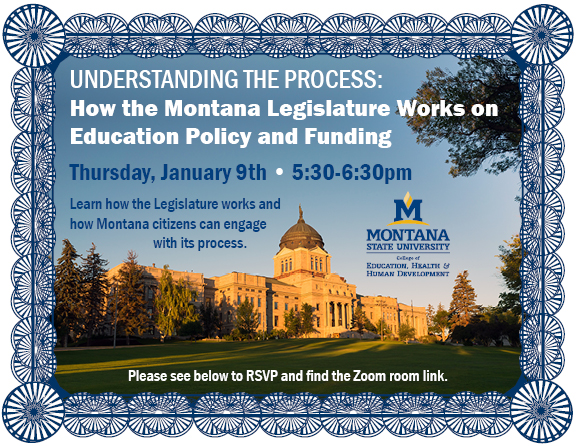 |
On January 9, 2025, the College of Education, Health and Human Development hosted an informational online session helping Montana citizens learn how the Montana Legislature works and how to engage with its process. If you are interested in becoming engaged with the Montana Legislature on issues that will have direct and indirect effects on Montanans, click here to watch the video recording of the session |
